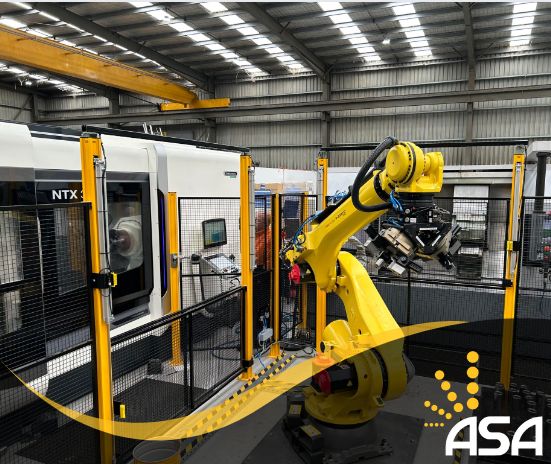Computer Numerical Control machining (CNC machining) has revolutionized engineering and manufacturing in the last couple of decades. CNC machining is a method that combines digital technology and traditional machining to produce high-precision components in a variety of industries. This article focuses on the machinistries, advantages and varied applications of CNC machining to highlight its transformational impact on the modern engineering.
The Mechanics of CNC Machining
CNC machining is an subtractive manufacturing technique that is, it takes the substance from a workpiece or block to produce the shape you want. This process uses computers pre-programmed to control the movements of machines. The code generated for CNC machines varies depending on the type of machine and the complexity of the part that is being made. But the basic concept is the same. A high-speed cutting machine precisely carves away material to create the finished product.
The precision of CNC machine is among its most significant advantages. The digital nature of the process allows an extremely precise and consistent production, minimizing human error and making sure that batches are uniform across. This level precision is vital in industries that can be susceptible to even the slightest deviations, such as aerospace, automotive manufacturing and medical equipment.
Digital Computers and their role in CNC Machine Operations
Digital technology integration is at the heart of CNC machining’s efficiency and accuracy. CNC machines are controlled by software that automates manufacturing. It converts models created by CAD into precise instructions which the CNC machine follows to create the component. The instructions cover everything from the speed and direction of the cutting instrument, to the depth and angles of each cut.
In industrial facilities with larger scales, computers are often integrated directly into the CNC machines, which allows for continuous communication and management. This integration allows real-time monitoring and adjustments, ensuring the highest performance and decreasing downtime. Automating CNC machining allows the continuous operation. This improves efficiency and decreases time to market.
The Advantages of CNC Machining
CNC machining is an excellent method for manufacturing. The ability to produce complex, intricate parts with high-precision is one of the most significant advantages. CNC machining reduces waste by eliminating the need for manual adjustments. CNC machines are also able to operate continuously. This makes them ideal for large-scale production runs.
CNC Machining also has another benefit that is the flexibility. With a simple change of the program, the same machine can be programmed to make different parts. CNC machining can be used to prototype or for mass production.
Automation of CNC machining improves workplace safety. Because it reduces the need to use manual interventions, the risk of injuries and accidents is minimized. CNC-machined parts are of high quality, increasing product performance and reliability, and contributing to satisfaction of customers as well as the reputation of the brand.
Industries benefiting from CNC Machining Services
The versatility, precision and effectiveness of CNC machining is utilized in many industries. CNC machines used in aerospace manufacture components that must be in compliance with the highest safety and performance standards. CNC machines are used in the medical device sector to create complex surgical implants and instruments. Accuracy is of paramount importance.
CNC machineries are widely utilized by the automotive industry for engine components and transmission parts. It’s also used to create intricate exterior and interior features. In the electronics sector, CNC machining is used to make small, precise parts for consumer electronics devices and communications equipment. CNC technology can be used in the art and jewelery industries to create complex and unique pieces.
The Future of CNC Machining
CNC machining is predicted to expand as technology improves. Innovations such as multi-axis machine machining, additive manufacturing integration, and the use of advanced materials will continue to push the boundaries of what is possible with CNC technology. The development of machine learning and artificial intelligence will also likely improve the precision and efficiency of CNC machine machining.
CNC machining has been a major influence on engineering and manufacturing in the modern era. CNC machines offer unparalleled precision and flexibility. The ability to create complex parts with high accuracy is a crucial tool across various industries. As technology advances, CNC machining will undoubtedly continue to play a crucial role in shaping the future of manufacturing.


